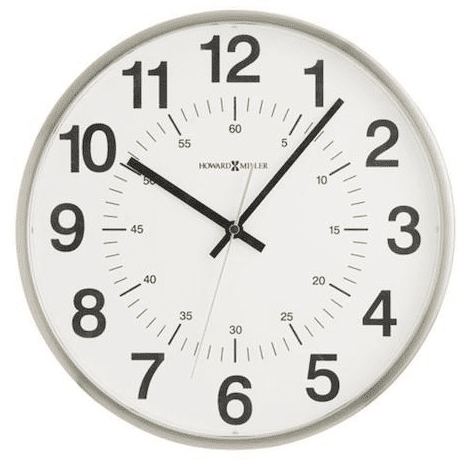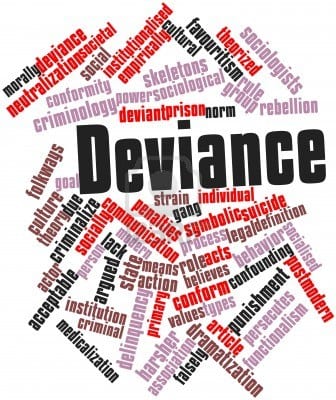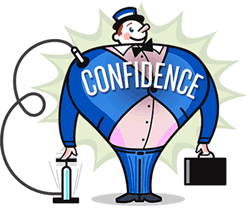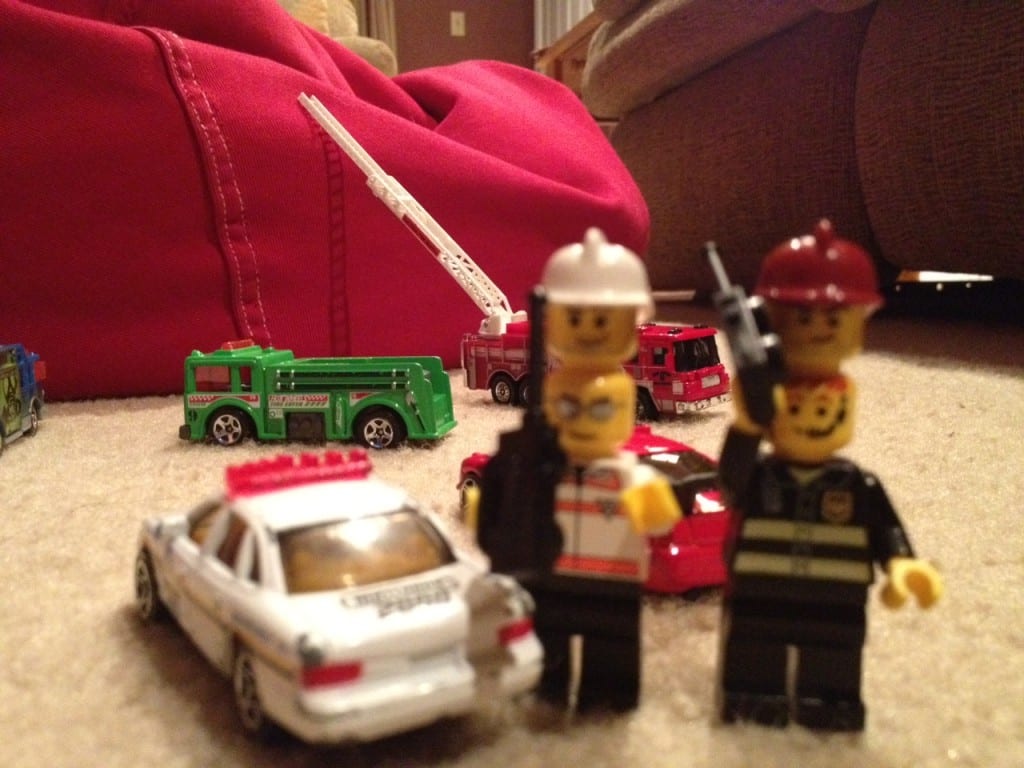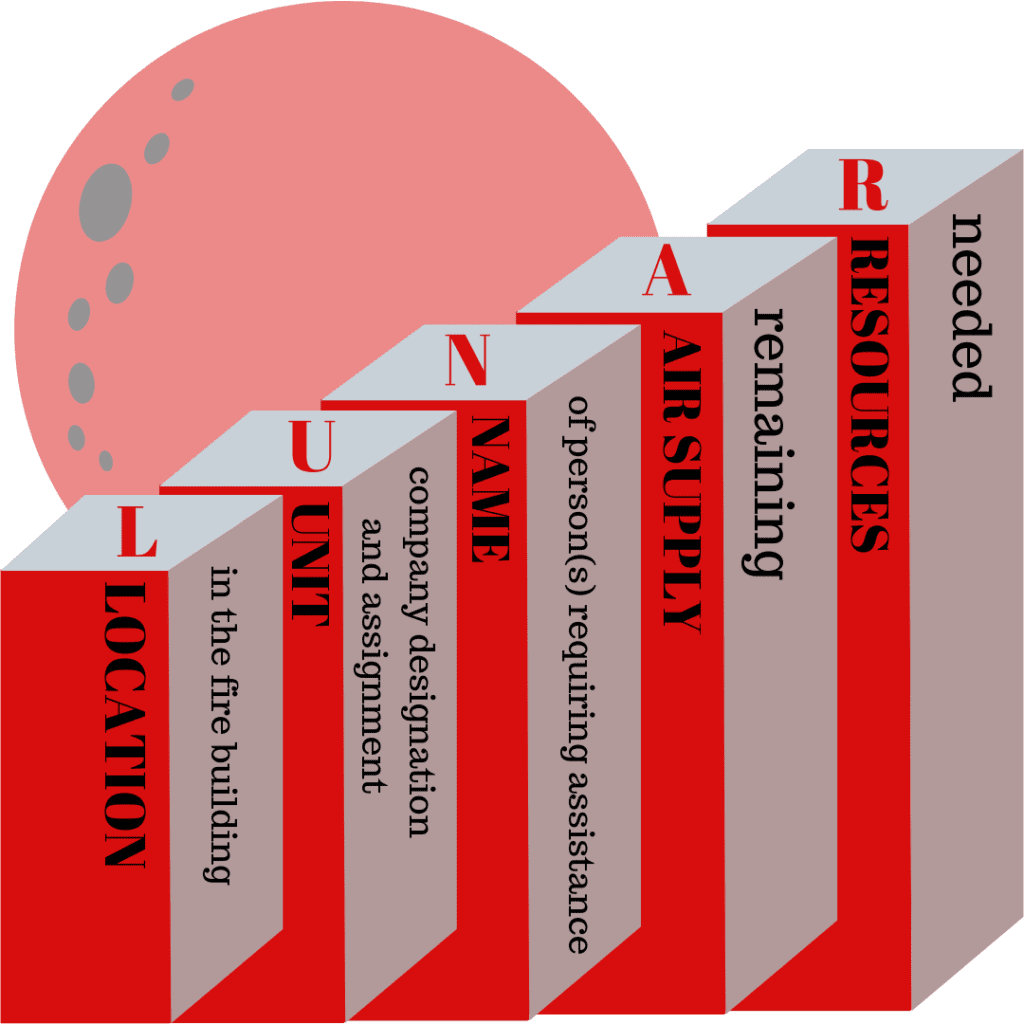Time to Task Completion is Critical for Situational Awareness
Your highest level of situational awareness is formed when you are able to make accurate predictions about future events. In science, we call this projection and it simply means you are able to predict, or project, future events. This is accomplished through mental models you develop that are founded in your training and experience. But […]
Time to Task Completion is Critical for Situational Awareness Read More »

